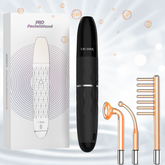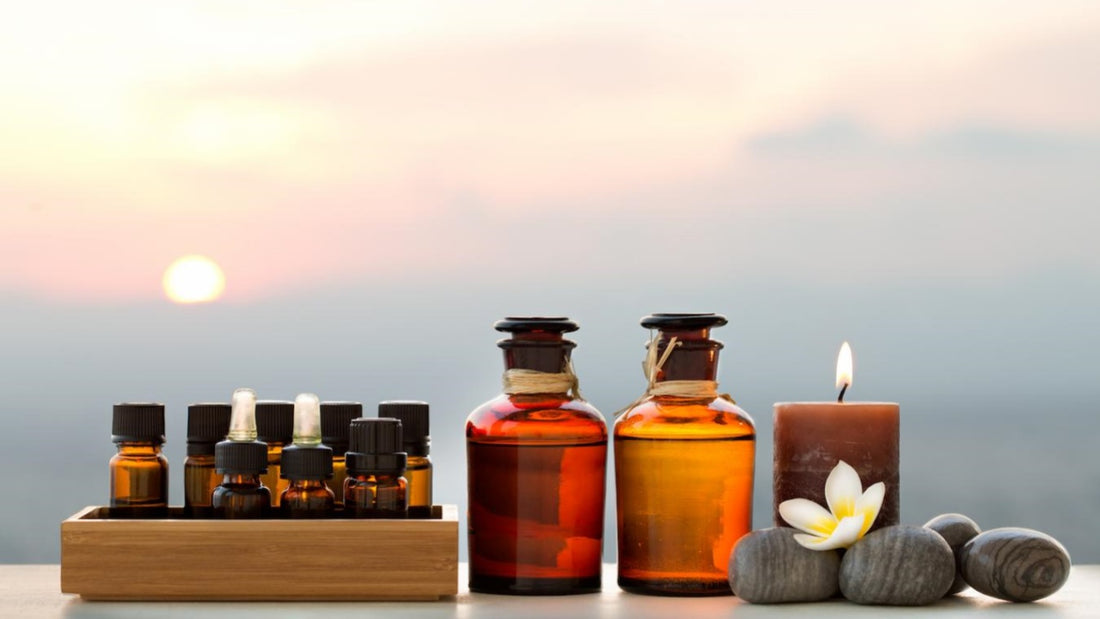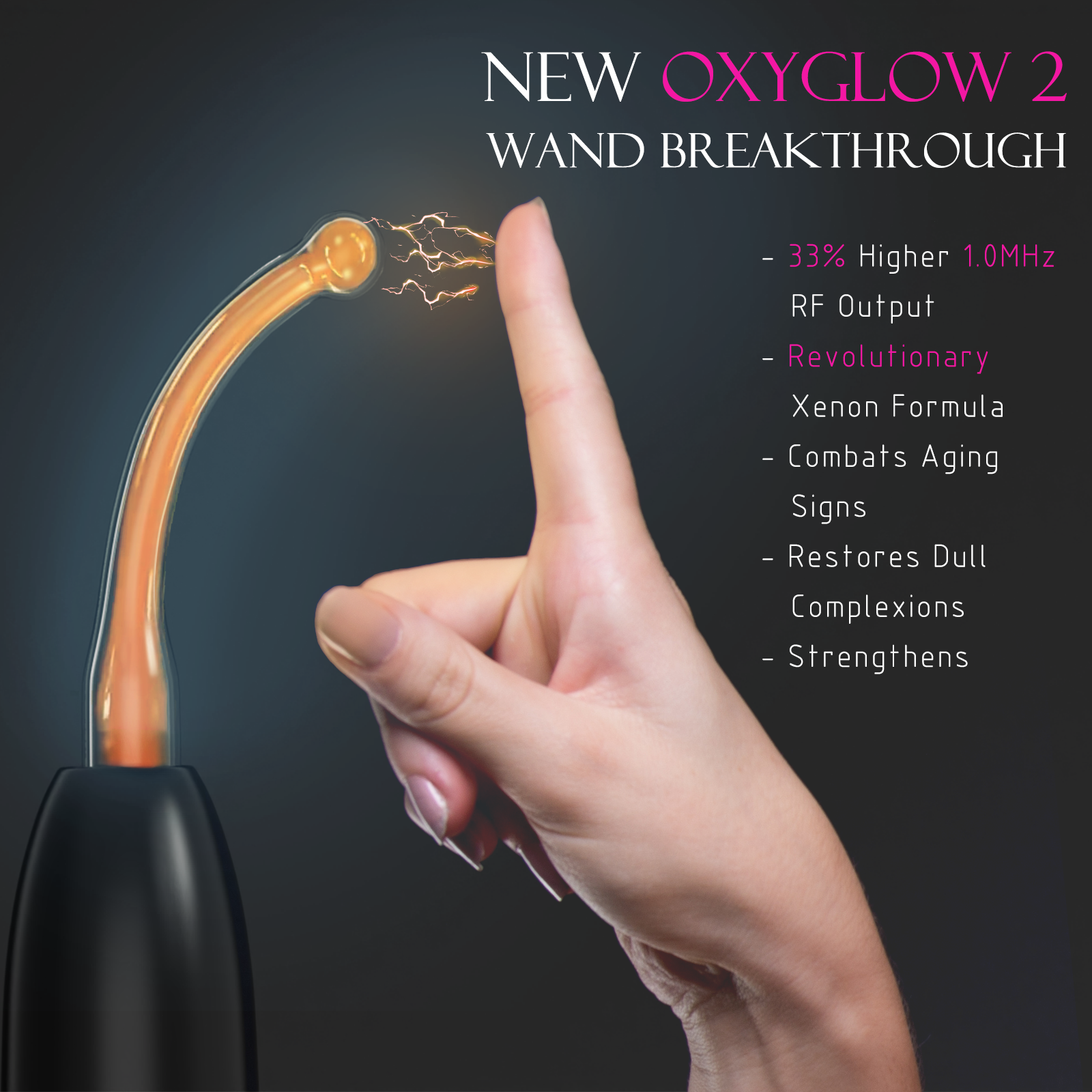Are you yearning for a life filled with tranquility, restful sleep, and stress-free moments? Imagine transforming your home into a sanctuary of relaxation, where you can breathe easier, sleep better, and feel more at ease. This isn’t just a dream – it’s a reality that can be achieved with the help of aromatherapy diffusers.
In today’s fast-paced world, many of us face common challenges that impact our well-being:
- Stress and Anxiety: The constant demands of modern life can leave us feeling overwhelmed and on edge.
- Sleep Disorders: Insomnia and poor sleep quality are becoming increasingly prevalent, affecting our overall health and productivity.
- Difficulty Relaxing: Finding time and effective methods to unwind and de-stress can be a challenge in itself.
Aromatherapy diffusers offer a natural and effective solution to these concerns. By harnessing the power of essential oils, these devices can help create an environment conducive to relaxation, better sleep, and improved overall well-being.
In this article, we’ll explore the fascinating world of aromatherapy diffusers and discover how they can enhance your life. From understanding the science behind aromatherapy to choosing the right diffuser for your needs, we’ll cover everything you need to know to start your journey towards a more relaxed and rejuvenated you.
The Power of Aromatherapy
The Science of Scent
Our sense of smell is incredibly powerful and directly connected to the limbic system in our brain – the area responsible for controlling emotions, memory, and behavior. When we inhale essential oil molecules, they trigger a cascade of neurological and physiological responses that can profoundly impact our state of mind and bodily functions.
This direct link between scent and our emotions is what makes aromatherapy so effective in promoting relaxation, reducing stress, and improving mood. It’s not just about pleasant smells; it’s about harnessing the natural power of plant essences to enhance our well-being.
Essential Oils for Relaxation
Several essential oils are renowned for their calming and soothing properties:
- Lavender: Known for its ability to reduce anxiety and promote relaxation
- Chamomile: Helps ease tension and induce a sense of calm
- Bergamot: Uplifting yet relaxing, perfect for reducing stress
- Ylang Ylang: Promotes feelings of joy and relaxation
These oils can help create a peaceful atmosphere in your home, making it easier to unwind after a long day and find moments of tranquility amidst the chaos of daily life.
Aromatherapy for Sleep
For those struggling with sleep issues, certain essential oils can be particularly beneficial:
- Lavender: Well-known for its sleep-inducing properties
- Valerian: Helps improve sleep quality and duration
- Roman Chamomile: Promotes relaxation and eases insomnia
Using these oils in a diffuser before bedtime can help create a sleep-friendly environment, making it easier to drift off into a restful slumber.
Aromatherapy for Respiratory Relief
Essential oils can also provide relief for respiratory discomfort:
- Eucalyptus: Helps clear congestion and open airways
- Peppermint: Soothes coughs and promotes easier breathing
- Tea Tree: Known for its antimicrobial properties, helpful during cold and flu season
Diffusing these oils can help create an environment that supports respiratory health, allowing you to breathe easier and feel more comfortable.
How Aromatherapy Diffusers Work
Aromatherapy diffusers are designed to disperse essential oil molecules into the air, allowing us to inhale and absorb them into our bodies. There are several types of diffusers, each with its own method of operation:
- Ultrasonic Diffusers: Use water and ultrasonic vibrations to create a fine mist of essential oil particles.
- Nebulizing Diffusers: Break down essential oils into tiny particles without using heat or water.
- Evaporative Diffusers: Use a fan to blow air through a pad or filter containing essential oils.
- Heat Diffusers: Apply gentle heat to essential oils to encourage evaporation.
The effectiveness of essential oil delivery can vary depending on the method of diffusion. Nebulizing diffusers are often considered the most potent, as they disperse the oils in their purest form.
When we inhale essential oil molecules, they can be absorbed through our nasal passages and lungs, entering the bloodstream and reaching various parts of the body. This ability to enter our system through inhalation is what makes aromatherapy diffusers so effective in delivering the therapeutic benefits of essential oils.
Aromatherapy Diffusers for Relaxation
Creating a Calming Atmosphere
Aromatherapy diffusers can transform your home into a sanctuary of relaxation. By dispersing calming essential oils like lavender, chamomile, or bergamot, you can create a soothing ambiance that promotes peace and tranquility.
Imagine coming home after a stressful day and being greeted by the gentle, calming scent of lavender. As you breathe in the aroma, you can feel the tension start to melt away, replaced by a sense of calm and well-being.
Stress Relief and Anxiety Reduction
One of the most significant benefits of aromatherapy diffusers is their ability to help reduce stress and anxiety. Essential oils like lavender, bergamot, and ylang ylang have been shown to have stress-relieving properties, helping to lower cortisol levels (the stress hormone) and promote a sense of calm.
Regular use of an aromatherapy diffuser with these oils can help create a more relaxed home environment, making it easier to cope with daily stressors and find moments of peace throughout your day.
Promoting Mindfulness
Aromatherapy can also enhance mindfulness practices, promoting a sense of presence and awareness. Essential oils like frankincense, sandalwood, or patchouli are known for their grounding and centering effects, making them perfect companions for meditation or yoga practices.
By incorporating these scents into your daily routine, you can create a more mindful environment that encourages reflection, self-awareness, and inner peace.
Aromatherapy Diffusers for Sleep
Improving Sleep Quality
For those struggling with sleep issues, aromatherapy diffusers can be a game-changer. Essential oils like lavender, valerian, and Roman chamomile have been shown to promote relaxation, reduce stress, and induce restful sleep.
Using a diffuser in your bedroom about 30 minutes before bedtime can help create a sleep-friendly environment. As you breathe in the calming scents, your body and mind begin to relax, making it easier to drift off into a peaceful slumber.
Creating a Soothing Sleep Environment
Beyond just promoting sleep, aromatherapy diffusers can help create a calming and relaxing sleep environment. By diffusing essential oils with sedative effects, you can transform your bedroom into a tranquil oasis that supports restful sleep.
Consider using a blend of lavender and chamomile for a particularly soothing bedtime aroma. The combination of these calming scents can help quiet a busy mind and prepare your body for a night of restorative sleep.
Addressing Sleep Disorders
While aromatherapy shouldn’t replace medical treatment for sleep disorders, it can be a helpful complementary therapy. For those dealing with insomnia or restless leg syndrome, aromatherapy diffusers may offer some relief.
However, it’s important to consult with a healthcare professional for personalized advice on using aromatherapy for sleep issues, especially if you have ongoing sleep problems or are taking medication.
Aromatherapy Diffusers for Respiratory Relief
Easing Congestion and Coughs
Essential oils like eucalyptus, peppermint, and tea tree can be particularly helpful for respiratory issues. These oils have natural decongestant and expectorant properties, helping to clear congestion, soothe coughs, and promote easier breathing.
Using an aromatherapy diffuser with these oils can help create an environment that supports respiratory health, making it easier to breathe and feel more comfortable, especially during cold and flu season.
Promoting Respiratory Health
Beyond just providing relief from symptoms, aromatherapy diffusers can help support overall respiratory health. Many essential oils have antiviral and antibacterial properties, which can help prevent and alleviate respiratory infections.
Consider using a blend of eucalyptus and tea tree oil in your diffuser during cold and flu season to help purify the air and support your respiratory system.
Creating a Soothing Atmosphere
For individuals with chronic respiratory issues, creating a calming and relaxing atmosphere can be particularly beneficial. Aromatherapy diffusers can help achieve this by dispersing essential oils with both respiratory benefits and calming effects.
A blend of eucalyptus (for respiratory support) and lavender (for relaxation) can create a soothing environment that eases both physical discomfort and emotional stress associated with respiratory issues.
Choosing the Right Aromatherapy Diffuser
When selecting an aromatherapy diffuser, consider the following factors:
- Room Size: Choose a diffuser with an appropriate coverage area for your space.
- Essential Oil Compatibility: Ensure the diffuser is compatible with the types of essential oils you plan to use.
- Features: Look for desirable features like timer settings, adjustable mist settings, and light options.
- Budget: There are diffusers available at various price points to suit different budgets.
For small rooms or personal use, a compact ultrasonic diffuser might be ideal. For larger spaces or more potent aromatherapy, a nebulizing diffuser could be a better choice.
Remember to read product reviews and compare features to find the best aromatherapy diffuser for your specific needs and preferences.
Conclusion
Aromatherapy diffusers offer a natural and effective way to enhance your well-being, helping you breathe easier, sleep better, and feel more relaxed. By harnessing the power of essential oils, these devices can transform your home into a sanctuary of calm and rejuvenation.
Whether you’re looking to reduce stress, improve sleep quality, or support respiratory health, there’s an aromatherapy solution for you. We encourage you to explore the world of aromatherapy diffusers and experience the transformative effects of essential oils for yourself.
Remember, the journey to better health and well-being is a personal one. Take the time to discover which essential oils and diffuser methods work best for you, and enjoy the process of creating a more peaceful, invigorating environment in your home.
Resources
For more information on aromatherapy and essential oils, check out these reputable resources:
- National Association for Holistic Aromatherapy
- Aromatherapy Trade Council
- Alliance of International Aromatherapists
Frequently Asked Questions
Q: Are aromatherapy diffusers safe for everyone?
A: While generally safe, some individuals may be sensitive to certain essential oils. It’s always best to start with a small amount and observe any reactions. Pregnant women, young children, and those with certain health conditions should consult a healthcare provider before using aromatherapy diffusers.
Q: Can aromatherapy diffusers cause allergies?
A: Some people may be allergic to certain essential oils. If you experience any allergic reactions such as sneezing, rashes, or difficulty breathing, discontinue use and consult a healthcare provider.
Q: How often should I use an aromatherapy diffuser?
A: This can vary depending on the individual and the essential oils used. Generally, it’s recommended to use a diffuser for 30-60 minutes at a time, with breaks in between. Always follow the manufacturer’s instructions for your specific diffuser.
Q: What are the potential side effects of using an aromatherapy diffuser?
A: When used properly, side effects are rare. However, overuse or using undiluted essential oils may cause headaches, nausea, or skin irritation in some individuals. If you experience any adverse effects, stop using the diffuser and consult a healthcare provider.









